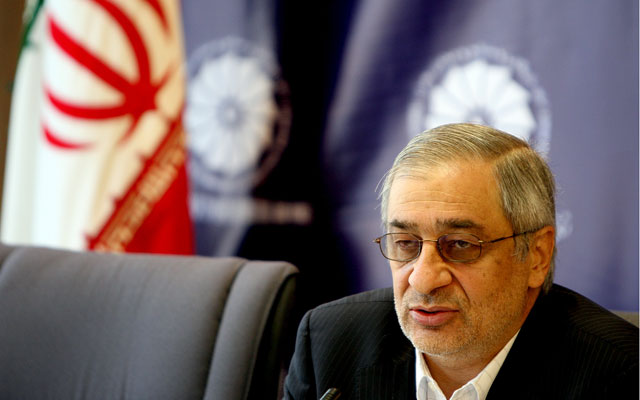Why Was an Iranian Official Found with Millions in Venezuelan Money?
Yvette Betance /
On January 21, German authorities at Dusseldorf Airport discovered a check for 300 million bolivars (about $70 million) in the luggage of Tahmasb Mazaheri, Iran’s former central bank chief from 2007 to 2008, as he arrived from Turkey. The check was drawn from the Bank of Venezuela.
When asked about it, Mazaheri claimed it was issued by the Venezuelan government in order to build 10,000 apartment homes in Venezuela.
Mazaheri is also the director of an “International Development Bank” that is part of the Export and Development Bank of Iran. The bank is registered in Venezuela as an international bank, but it has offices only in Caracas, and none are accessible to the public. Both the Export and Development Bank of Iran and the International Development Bank have been put on the U.S. sanctions list.
On February 4, Venezuela’s opposition declared the incident as a “clear irregularity” and demanded explanations from the Venezuelan government.
Ailing President Hugo Chavez has long flaunted his closeness to Iran as an “axis of unity.”
Last Tuesday, the Iranian ambassador told the Venezuelan media that the money was for Kayson Venezuela, a Tehran-based construction company that claims to have built thousands of homes in Venezuela in cooperation with Caracas.
Iran has invested in industrial operations and created financial institutions in Venezuela that may be used to evade U.N. sanctions, according to the American Enterprise Institute. This is also not the first time that foreign authorities have suspected dubious behavior from both countries: In 2008, Turkish customs inspectors intercepted 22 containers bound for the VenIran “tractor factory” in Bolivar, Venezuela, that were labeled as “tractor parts” but contained chemicals that could be used for explosives.
The discovery of a $70 million check in the hands of a senior Iranian official again highlights the secretive nature of ties between Iran and Venezuela and the ongoing need for scrutiny of the relationship between the two countries.
Yvette Betance is currently a member of the Young Leaders Program at The Heritage Foundation. For more information on interning at Heritage, please visit http://www.heritage.org/about/departments/ylp.cfm

